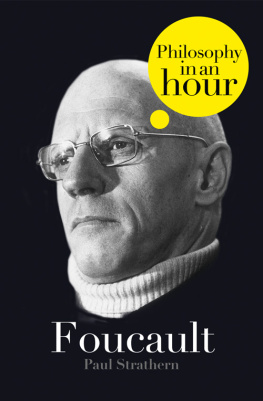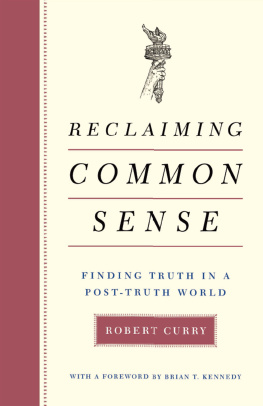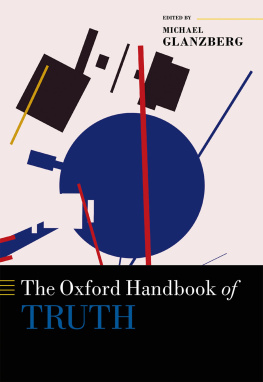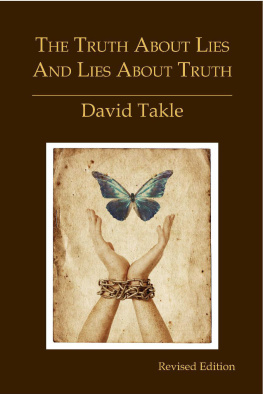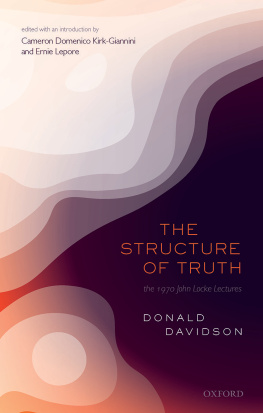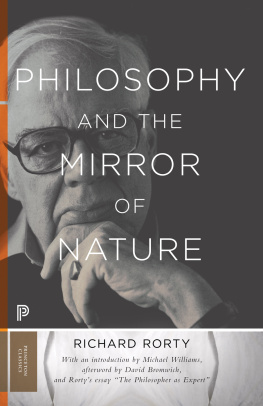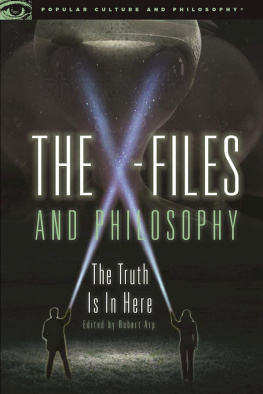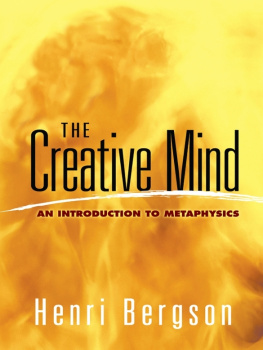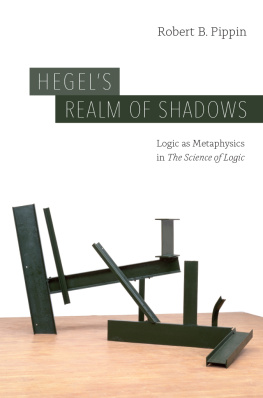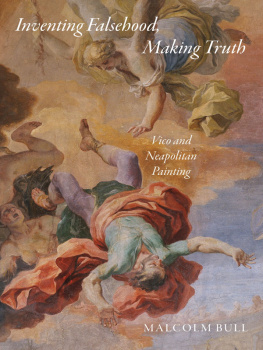
A METAPHYSICS FOR THE FUTURE
Professor Allinsons work is impressive. I do not remember when in recent years I have read a more exciting systematic study. With a new phenomenology, a distinctive method and unique modes of validation for philosophy, and an extraordinary command of both Eastern and Western philosophy, Professor Allinson develops his own bold, imaginative, and challenging system of philosophy.
Professor Lewis Hahn, Editor of Library of Living Philosophers,
including Quine, Gadamer and Davidson.
A Metaphysics for the Future is a work of original philosophy but at the same time is a humanistic commentary on the moral malaise of our time. It reviews the intellectual events that have brought us to our present point of relativism in ethics and skepticism in knowledge and presents a new viewpoint which offers a way out of our intellectual impasse.
Philosophers discussed include Plato, Aristotle, Augustine, Descartes, Leibniz, Kant, Hegel, Husserl, Wittgenstein, Searle and Rorty. The thoughts of the physicists Penrose and Hawking are examined. Topics covered include the philosopher as diagnostician, the mind-body problem, the foundation of truth in mathematics, preconceptual and postconceptual knowledge, representationalism, the picture theory of truth, Wittgensteins Ladder, the concept of metaphysical truth, the concepts of Yin and Yang and post-Modernism. A sophisticated text for courses in metaphysics and epistemology.
Professor Robert E. Allinson is the author of many books including the forthcoming Ashgate title, Space, Time and the Ethical Foundations, and Understanding the Chinese Mind: The Philosophical Roots, New York: Oxford University Press, 2000 (Tenth Impression). He serves on eight editorial boards including The Journal of Chinese Philosophy and Asian Philosophy. His work has been translated into Chinese, Japanese, French, German and Italian. Professor Allinson has been a Senior Associate Member of St. Antonys College, Oxford University, an Associate Member of Balliol College of Oxford University and Visiting Fellow at the Graduate School of the Department of Philosophy at Yale University. He is now a professor in the Department of Philosophy at The Chinese University of Hong Kong.
For Irn, who makes me feel alive
A Metaphysics for the Future
ROBERT ELLIOTT ALLINSON
Department of Philosophy
The Chinese University of Hong Kong
First published 2001 by Ashgate Publishing
Reissued 2018 by Routledge
2 Park Square, Milton Park, Abingdon, Oxon OX14 4RN
711 Third Avenue, New York, NY 10017, USA
Routledge is an imprint of the Taylor & Francis Group, an informa business
Copyright Robert Elliott Allinson 2001
All rights reserved. No part of this book may be reprinted or reproduced or utilised in any form or by any electronic, mechanical, or other means, now known or hereafter invented, including photocopying and recording, or in any information storage or retrieval system, without permission in writing from the publishers.
Notice:
Product or corporate names may be trademarks or registered trademarks, and are used only for identification and explanation without intent to infringe.
Publishers Note
The publisher has gone to great lengths to ensure the quality of this reprint but points out that some imperfections in the original copies may be apparent.
Disclaimer
The publisher has made every effort to trace copyright holders and welcomes correspondence from those they have been unable to contact.
A Library of Congress record exists under LC control number: 00044195
ISBN 13: 978-1-138-73277-3 (hbk)
ISBN 13: 978-1-315-18808-9 (ebk)
In grateful acknowledgement of the receipt of The Vice-Chancellors Special Fund for Excellence granted by The Vice-Chancellor of The Chinese University of Hong Kong which was a key source of encouragement and support of the writing of this book, for the graciousness of the very distinguished professors, John E. Smith, Clark Emeritus Professor of Philosophy at Yale University and Lewis Hahn, Editor of that illustrious series, The Library of Living Philosophers, who were both kind enough to read earlier versions of this work and in appreciation for my wife, Irn, whose faith in me has been the mainstay of this project from its beginning to its completion.
Never Reject anything. Nothing has been proved. If you reject anything, that is the beginning of the end as an intellectual. William James (quoted in Charmed Circle, Gertrude Stein & Company), James R. Mellow, New York: Avon Books, 1974, p. 50).
Raffiniert ist der Herr Gott, aber boshaft ist er nicht. (G-d is subtle, but he is not malicious.)
Albert Einstein (over the fireplace in the professors lounge of Fine Hall, Department of Mathematics, Princeton University).
Contents
Tempo di Giga. Vivacissimo e leggero
With great animation and a skipping touch
This work is intended to serve not only as an expression of a new idea of a philosophy, but as an apologia for philosophy as a legitimate and independent discipline in its own right. It became fashionable, in the waning of the twentieth century, to speak of the end of philosophy. In 1986, an entire issue of the Proceedings of the American Philosophical Association was actually devoted to raising the question whether philosophy was viable as a discipline any more. In 1994, an entire issue of a literary periodical, Thesis Eleven, No. 37, published by the Massachusetts Institute of Technology, was paradoxically entitled, Philosophy after Philosophy, thus raising the morbid spectre of the resumption of philosophy after its death. One review, by Richard Rorty, was of a [philosophical] work written in 1991 entitled The Grandeur and Twilight of Radical Universalism.
Philosophy is carrying out an undue amount of navel staring, and philosophers are going around with slumped shoulders as if ashamed that they may be caught representing a discipline that has no legitimate calling. The project of philosophy is questioned in the critical assessments found in the works of fellow philosophers such as Richard Rorty. In his later phases Rorty disclaims the need for evidence altogether and turns instead to literature and poetry for intellectual nourishment and enlightenment. As the distinguished German philosopher Karl-Otto Apel has remarked in a private conversation with the present author, Rorty preaches that philosophers should be writing novels like Proust. But Rorty is not practicing what he preaches. He has not shown any overt evidence of writing novels like Proust. He is going about exhorting others to do so. As Apel astutely observed, Proust himself did no such preaching.
The second half of the twentieth century of philosophy represented a stage of philosophy in which the best received works were dialogues with or discussions of other philosophies (such as Bernsteins and Rortys near journalistic commentaries and conversations about philosophers), rather than individual works of a constructive nature themselves. This differed from the output at the early part of the twentieth century, and such a difference should be noted.1
The conversationalists, among whom Rorty and Bernstein reign supreme, flit from philosopher to philosopher, sampling their truth fare and finding it wanting, but providing none of their own dishes for the philosophical audience to sample. They, too, are as much influenced by positivism as the others. They have elevated the art of conversation to a new level of truth finding. Philosophers have become at best divine eavesdroppers of and intellectual gossips about the past, with no new truths of their own to offer. Todays philosophers (how much longer will they tolerate the label?) have become the hosts and hostesses of the intelligentsia, serving up the cold dishes of the past, impressively laid out on their metaphysically-dishwasher safe dinner service.


